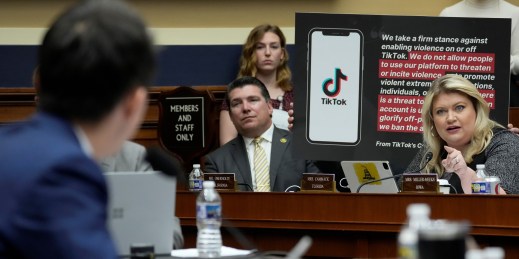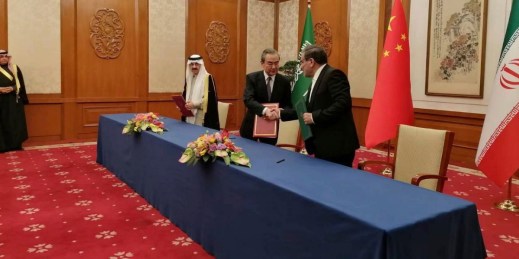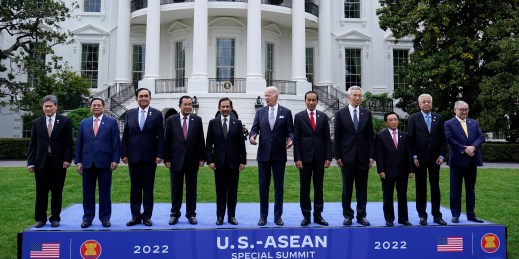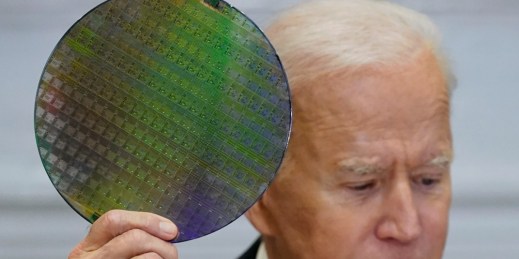
Last week’s congressional hearing on the alleged security risk posed by TikTok put into stark contrast the gap between the app’s fans and critics. The push in Washington to ban the social media app comes against the backdrop of increasing U.S.-China tensions over technology and the economic and political influence it generates.



